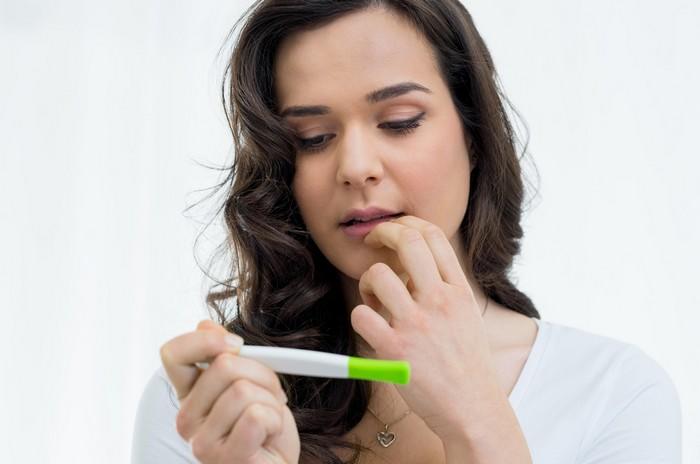Infertility is a complex issue that affects many couples seeking to conceive. While various factors contribute to infertility in both men and women, one area of concern that often comes to light is hormone levels, particularly testosterone. Testosterone is a vital hormone in male reproductive health. It plays a crucial role in the development of male characteristics, sperm production, and overall sexual function. This article will explore the relationship between low testosterone levels and male infertility, shedding light on how hormonal imbalances can impact reproductive capabilities.
Understanding Testosterone and Its Functions
What is Testosterone?
Testosterone is a steroid hormone primarily produced in the testicles. It is responsible for several essential functions in the male body. These include the development of male reproductive tissues, such as the testes and prostate, and the promotion of secondary sexual characteristics, including increased muscle and bone mass, and the growth of body hair.
The Role of Testosterone in Male Reproduction
In males, testosterone is crucial for sperm production, also known as spermatogenesis. This process occurs in the seminiferous tubules of the testes. Testosterone stimulates the production of sperm and supports the maturation of sperm cells. Adequate testosterone levels are necessary for healthy sexual function, libido, and overall fertility.
What is Low Testosterone?
Defining Low Testosterone
Low testosterone, also known as hypogonadism, is a condition where the body produces insufficient amounts of testosterone. This condition can occur at any age but is more common in older men. Low testosterone can arise from various factors, including medical conditions, hormonal imbalances, and lifestyle choices.
Symptoms of Low Testosterone
Men with low testosterone levels may experience a range of symptoms. These can include:
- Fatigue and decreased energy levels.
- Reduced libido or sexual desire.
- Erectile dysfunction or difficulty achieving and maintaining an erection.
- Decreased muscle mass and strength.
- Increased body fat.
- Mood changes, such as depression or irritability.
These symptoms can vary in severity and may not always indicate low testosterone levels. Therefore, proper medical evaluation is essential.
The Link Between Low Testosterone and Infertility
How Low Testosterone Affects Sperm Production
Low testosterone levels can have a significant impact on male fertility. Testosterone is crucial for stimulating the processes involved in sperm production. When testosterone levels are low, sperm production can decrease, leading to a lower sperm count.
Impaired Sperm Quality
In addition to affecting sperm production, low testosterone can also impair sperm quality. This includes factors such as sperm motility (the ability to swim and reach the egg) and morphology (the shape and structure of sperm). Poor sperm quality can hinder the chances of successful fertilization.
Hormonal Imbalances
Infertility in men can also result from hormonal imbalances. Low testosterone levels can disrupt the delicate interplay between hormones involved in the reproductive system. For example, low testosterone may lead to increased levels of follicle-stimulating hormone (FSH) and luteinizing hormone (LH), which can further complicate sperm production and release.
Causes of Low Testosterone in Males
Age-Related Decline
One of the most common causes of low testosterone is age. Testosterone levels naturally decline as men age, particularly after the age of 30. This gradual decrease can contribute to symptoms of low testosterone and may also affect fertility.
Medical Conditions
Several medical conditions can lead to low testosterone levels. These include:
Testicular Disorders: Conditions that affect the testicles, such as Klinefelter syndrome or testicular injury, can impair testosterone production.
Hormonal Disorders: Disorders of the pituitary gland or hypothalamus can disrupt the signals that stimulate testosterone production.
Chronic Illnesses: Chronic conditions like diabetes, liver disease, and kidney disease can also contribute to low testosterone levels.
Lifestyle Factors
Lifestyle choices can significantly influence testosterone levels. Factors such as obesity, lack of physical activity, poor nutrition, and excessive alcohol consumption can contribute to low testosterone. Additionally, stress and sleep disturbances may further impact hormone levels.
Diagnosis of Low Testosterone
Seeking Medical Advice
If low testosterone is suspected, it is essential to seek medical advice. A healthcare provider can conduct a thorough evaluation, which may include a review of symptoms, medical history, and physical examination.
Laboratory Testing
Diagnosis typically involves blood tests to measure testosterone levels. It is important to note that testosterone levels can fluctuate throughout the day. Therefore, tests are often conducted in the morning when testosterone levels are usually highest. If low testosterone is confirmed, further tests may be necessary to identify underlying causes.
Treatment Options for Low Testosterone
Hormone Replacement Therapy (HRT)
For men diagnosed with low testosterone, hormone replacement therapy may be recommended. HRT involves the administration of testosterone through various methods, including injections, patches, gels, or pellets. This treatment aims to restore testosterone levels to a normal range and alleviate associated symptoms.
Lifestyle Modifications
In addition to medical treatments, lifestyle modifications can play a crucial role in managing low testosterone. Maintaining a healthy weight through a balanced diet and regular exercise can help improve testosterone levels. Reducing stress, improving sleep quality, and avoiding excessive alcohol and drug use are also important steps in supporting hormonal balance.
Addressing Underlying Conditions
If low testosterone is linked to underlying medical conditions, treating those conditions may help improve testosterone levels. This can include managing chronic illnesses or addressing hormonal imbalances through medical intervention.
Conclusion
Low testosterone can indeed cause infertility in males. The hormone is vital for sperm production and overall reproductive health. A decline in testosterone levels can lead to decreased sperm count and impaired sperm quality, hindering the chances of conception. It is essential for men experiencing symptoms of low testosterone or facing infertility challenges to seek medical advice.
Understanding the relationship between testosterone levels and fertility is crucial for effective diagnosis and treatment. With appropriate medical care, lifestyle adjustments, and, if necessary, hormone replacement therapy, many men can improve their testosterone levels and enhance their fertility. If you suspect you may have low testosterone, consult with a healthcare professional to explore your options and take the necessary steps toward achieving your reproductive goals.
Related topics:



























